
Safety and Privacy Alert: If you are viewing this, you may wish to maintain your privacy on the internet. Any use of the internet leaves a trail – this site is no different. Learn how to ensure your privacy.
Canadian employers lose $77.9 million annually due to direct and indirect impacts of domestic violence.
33% Have experienced domestic violence
35% Have at least one co-worker who’s experiencing, or has experienced domestic violence
12% Have at least one co-worker whom they believe is being abusive, or has been, to a partner
54% Said it continued at work
82% Said it negatively affected their work performance
38% Said it affected their ability to get to work
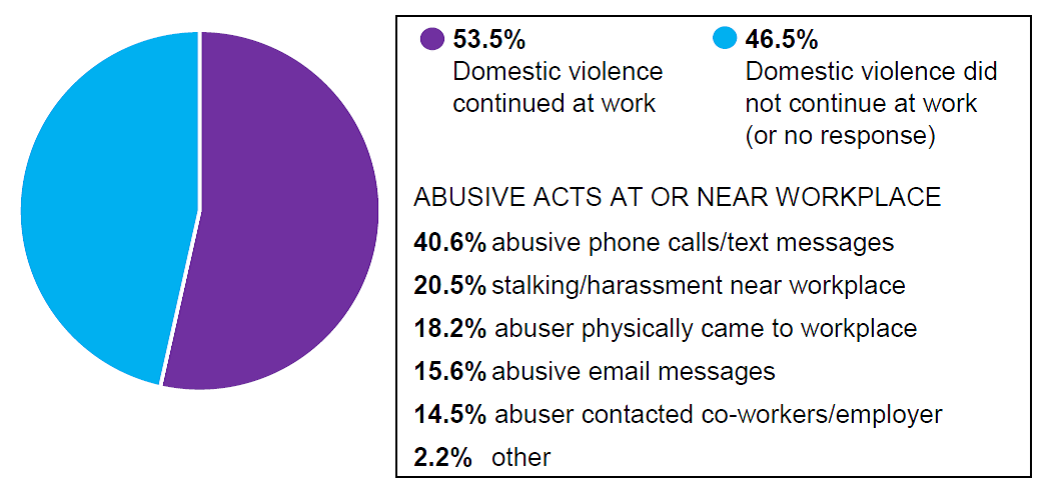
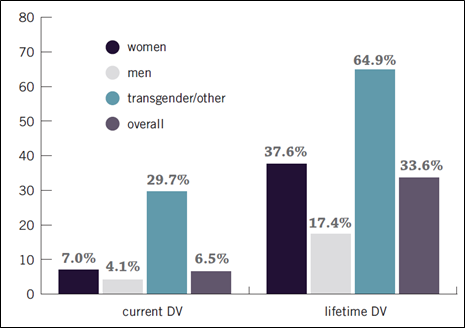
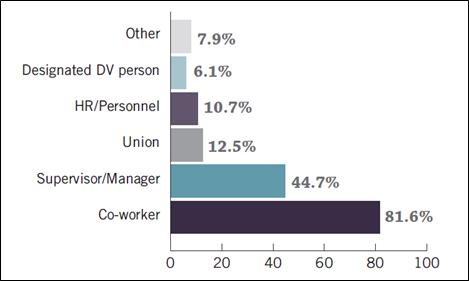
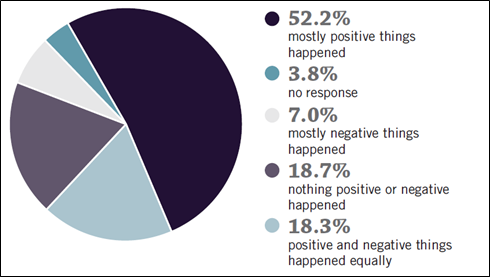
Sources:
In abusive relationships, abusers believe they have a right to control you by utilizing the tactics found in the power and control wheel by:
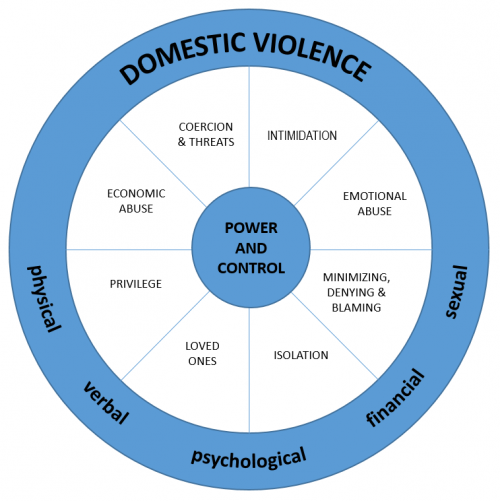
The characteristics shown in the power and control wheel are examples of how this power and control are demonstrated and enacted against you.
Expand the following headings to learn more. This Power and Control Wheel was adapted from the Domestic Abuse Intervention Project, Duluth, Minnesota.
Threatening violence against you, significant third parties or property • threatening suicide • threatening to leave you, when you may be dependant on them • threatening to report you to welfare/authorities • threatening to withdraw the petition to legalize your immigration status • forcing you to drop charges • forcing you to commit illegal activities • threatening to “out” you, if you are in a lesbian/gay relationship
Preventing you from getting or keeping a job • interfering with your work or education • withholding funds and restricting access to family/personal income • spending family income without consent and/or making you struggle to pay bills • forcing you to ask for basic necessities • allotting you an allowance • forcing you to support him/her • leaving your name off of assets • threatening to report you for working “under the table”
Treating you like a servant • making all major decisions • being the one to define roles within the relationship • acting like the “king”/”queen” of the castle • if you are dependant/disabled, providing care to you in a way that highlights your dependence and vulnerability • speaking on your behalf • ignoring, discouraging or prohibiting your exercise of full capabilities • withdrawing or failing to file papers for your residency
Threatening to take away your children/pets • making you feel guilty about the children/pets • abusing children/pets to punish you • using visitation period to harass you • using children to relay messages • if you are 2SLGBTQ+, threatening to “out” you so that children are taken from your care
Controlling what you do, where you go and who you interact with • expecting you to report every move and activity • limiting external involvement • restricting use of the car • moving residences • using jealousy to justify actions • saying no one will believe any accusations of abuse because you are 2SLGBTQ+ • not allowing you to learn English and isolating you from anyone who speaks your native language • using medication to sedate you • withdrawing care/equipment to immobilize you
Making light of the abuse • not taking your concerns seriously • denying that the abuse occurred • shifting responsibility for abusive behaviour • blaming you • accusing you of “mutual abuse” • claiming that you cannot abuse someone of the same sex/gender • excusing abuse as behaviour management or as due to caregiver stress • blaming your disability for the abuse
Putting you down • name-calling • discounting your activities/accomplishments • withholding approval/affection • public/private humiliation • playing mind games • making you feel guilty or bad about yourself • questioning if you are really 2SLGBTQ+ • reinforcing internalized homo/bi/transphobia • lying to you about your immigration status • ridiculing your culture/traditions/religion/personal preferences • using negative reinforcement
Threatening or endangering you by using looks/actions/gestures • throwing objects, destroying property or cherished possessions • displaying weapons • hiding or destroying pertinent documents (e.g. temporary resident visa or work permit, healthcare card, passport) • mistreating pets/service animals
Demanding or withholding sex • forcing non-consensual sex • physically assaulting you during sexual intercourse • using sexually degrading language • denying reproductive freedom
Physically injuring you (e.g. biting, punching, pushing, kicking) • attempting or threatening physical violence (e.g. throwing objects) • confining you (e.g. locking you in a closet) • deliberately exhausting you with unreasonable demands or sleep interference • depriving you of heat, shelter or food • assaulting you with weapons or objects